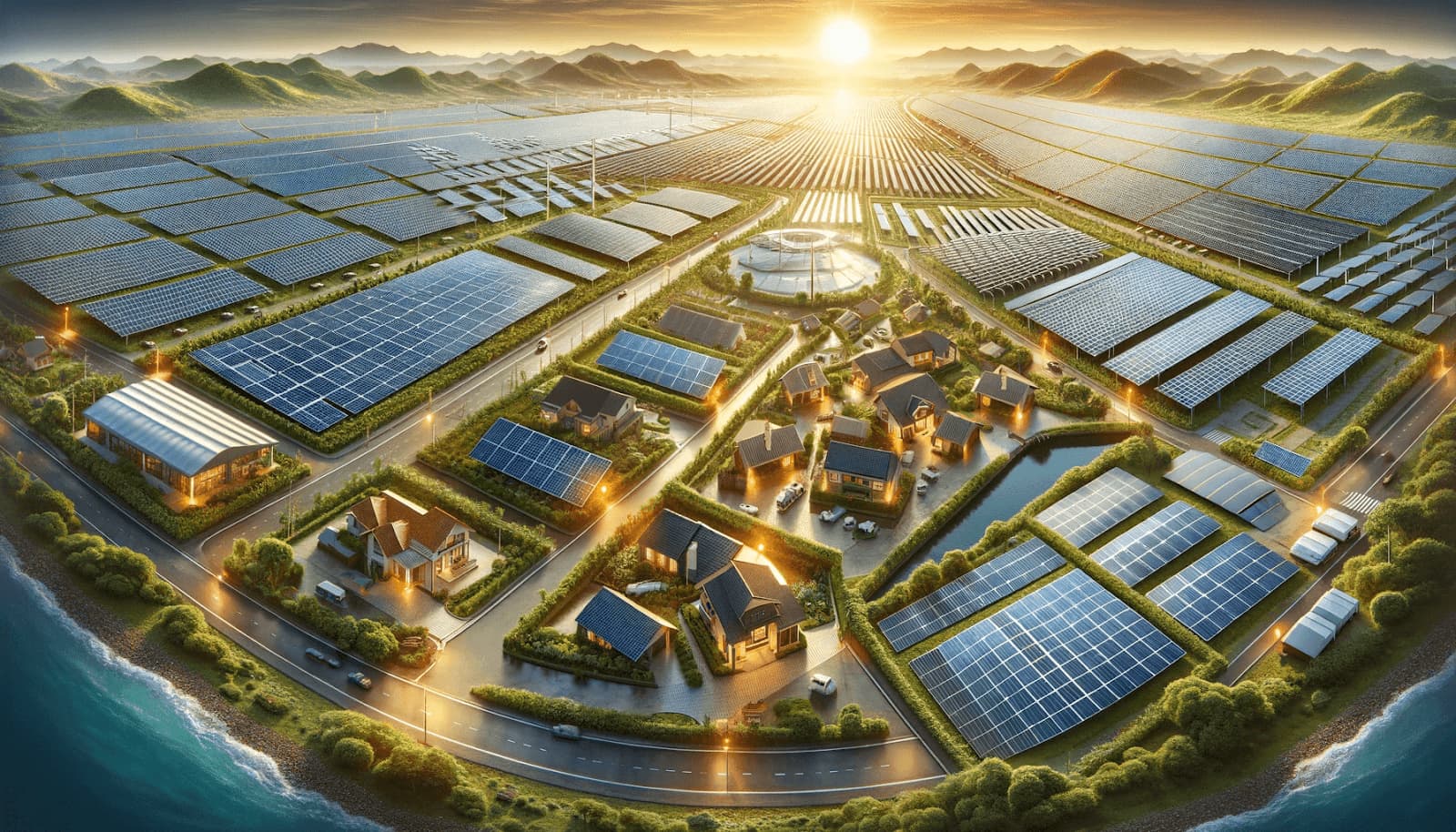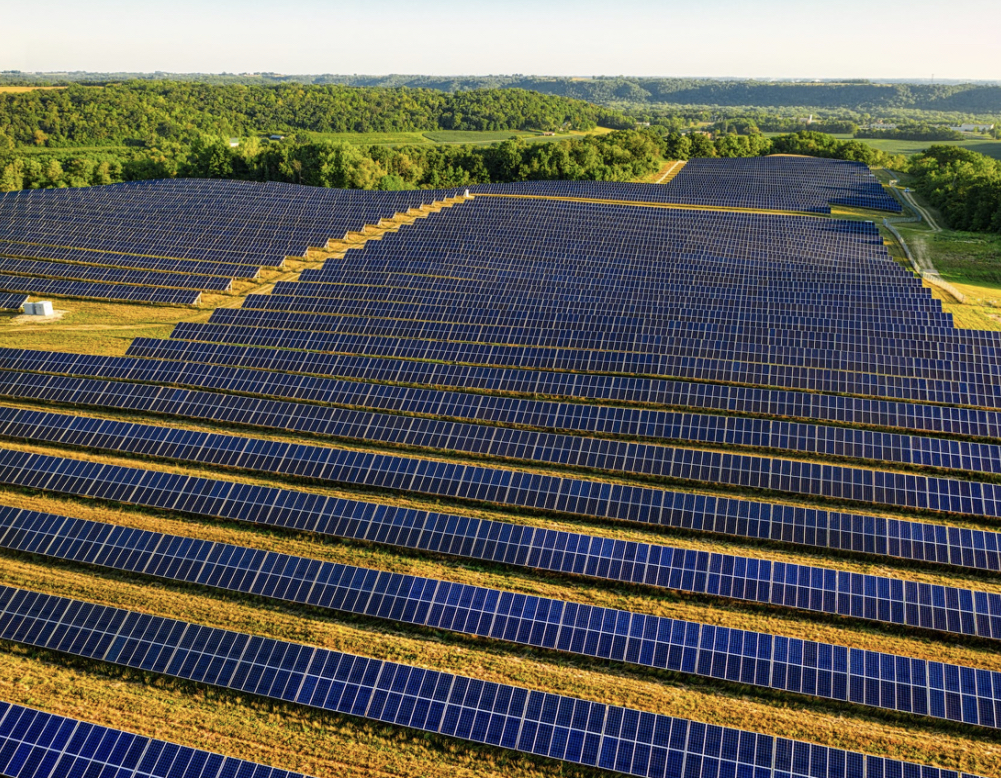The use of solar panels has revolutionized how we think about energy—turning sunlight into electricity, solar panels offer a sustainable and renewable energy source. This comprehensive guide will delve into the principles of solar panels, covering how they work, types, benefits, and frequently asked questions, alongside illustrative lists, images, and tables.
How Solar Panels Work
Solar panels work by converting sunlight into electricity. This process, known as the photovoltaic (PV) effect, involves several steps:
- Sunlight Absorption: Each solar panel consists of many solar cells made of semiconductor materials, such as silicon. When sunlight hits these cells, it causes electrons to become excited and move freely.
- Electricity Generation: These free electrons move through the material to produce direct current (DC) electricity.
- Conversion to Usable Power: Since most homes and appliances use alternating current (AC), the DC electricity must be converted using an inverter.
Types of Solar Panels
Solar panels come in various types, each with unique features and applications:
- Monocrystalline Solar Panels: Made from a single, continuous silicon crystal, these panels are known for their high efficiency and sleek appearance.
- Polycrystalline Solar Panels: Composed of fragments of silicon crystals melted together, they are less efficient but more cost-effective than monocrystalline panels.
- Thin-Film Solar Panels: These panels are made by depositing one or more thin layers of photovoltaic material on a substrate. They offer a flexible solution but generally have lower efficiency.
Benefits of Solar Panels
- Renewable Energy Source: Solar power is a limitless resource, reducing our dependence on non-renewable energy sources.
- Reduced Electricity Bills: Generating your own electricity can significantly reduce your monthly electricity bills.
- Low Maintenance Costs: Solar panels require minimal maintenance, typically just needing occasional cleaning and a check-up from a professional.
- Environmental Impact: Solar energy production does not emit greenhouse gasses, contributing to the fight against climate change.
Installation and Efficiency Factors
The efficiency of solar panels is influenced by several factors:
- Orientation and Angle: Panels should face the direction that captures the most sunlight, usually south, and be positioned at an angle that maximizes exposure.
- Shade: Buildings, trees, and other obstacles can block sunlight, reducing efficiency.
- Temperature: Solar panels operate best in certain temperature ranges; excessive heat can lower their efficiency.
To visually demonstrate the efficiency of different types of solar panels, let’s look at a table comparing their average efficiencies:
| Type of Solar Panel | Average Efficiency (%) |
| Monocrystalline | 15-20% |
| Polycrystalline | 13-16% |
| Thin-Film | 10-13% |
This table underscores the importance of choosing the right type of solar panel based on your specific needs and environmental conditions.
Solar energy is not just about technology; it represents a commitment to a greener planet and a sustainable future. By harnessing the power of the sun, we can reduce our carbon footprint, support renewable energy development, and pave the way for future generations to live in a cleaner, more sustainable world.
Conclusion
Solar panels offer a promising solution to the world’s energy needs, providing a clean, renewable source of power with numerous benefits. As technology advances and costs continue to decrease, solar energy is becoming increasingly accessible to homeowners and businesses alike, marking a significant step towards a sustainable future.
FAQ
How long do solar panels last?
Solar panels typically have a lifespan of 25 to 30 years, after which they may still produce electricity but at a reduced efficiency.
Can solar panels work on cloudy days?
Yes, solar panels can still generate electricity on cloudy days, though their efficiency is reduced compared to sunny days.
Are solar panels recyclable?
Yes, the majority of the materials in solar panels are recyclable, including the glass and metal parts.








